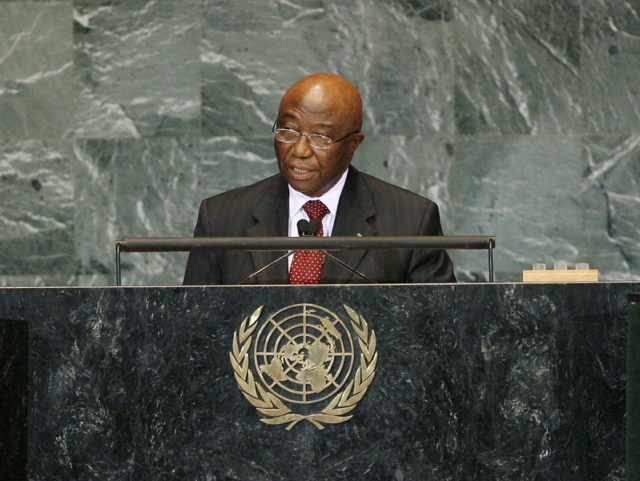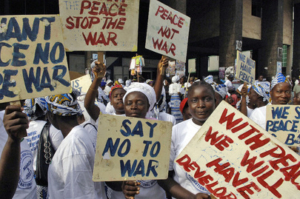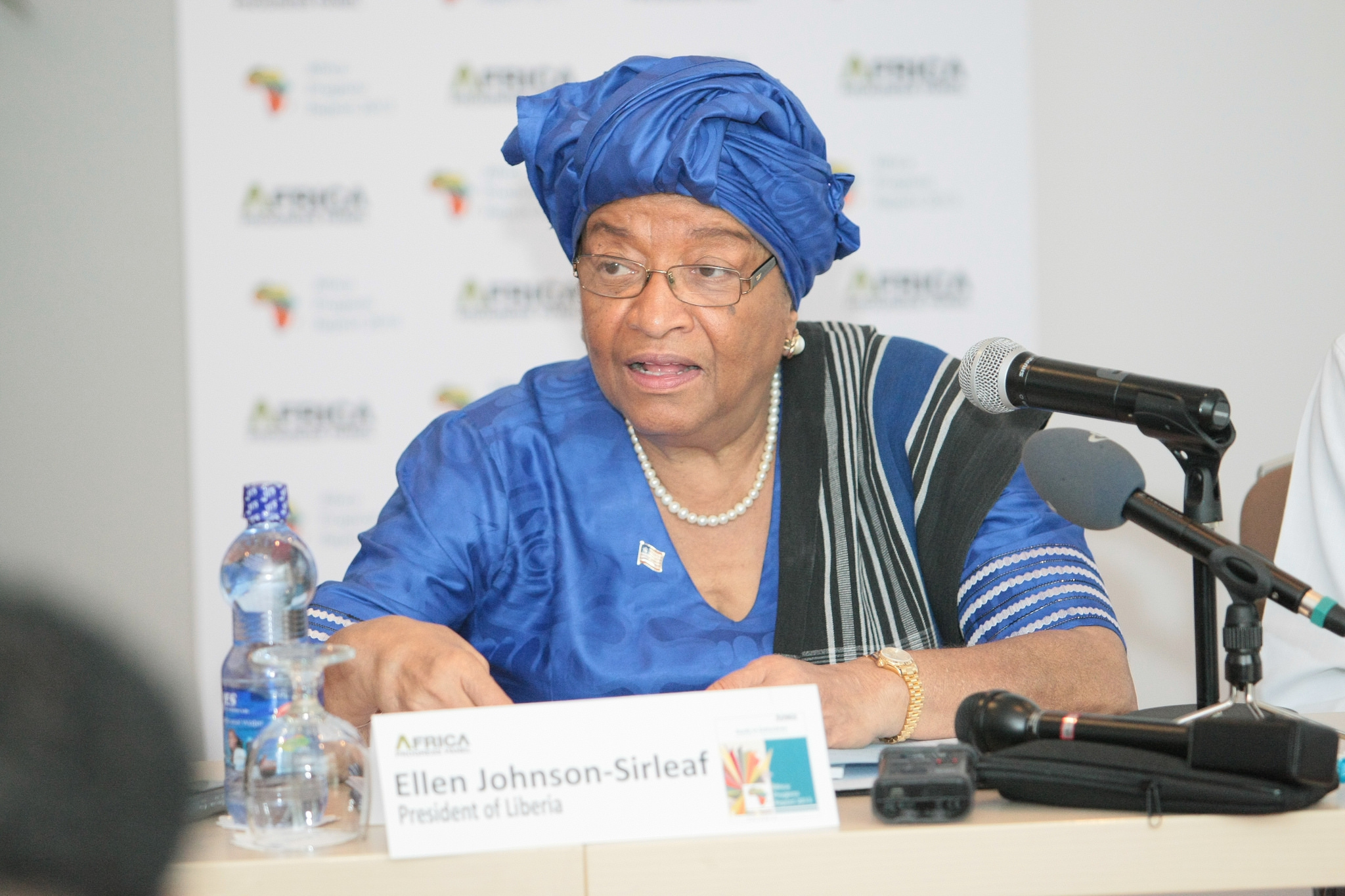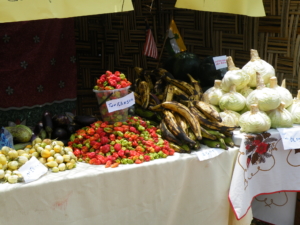
Liberia is one of the poorest countries in the world, a ranking that is largely due to the corrupt practices of its politicians. Economic mismanagement and various other corrupt practices plaguing politics in Liberia have sparked protests in the country as its residents become increasingly upset with a failure to tackle the situation. In order to understand the rise in civil unrest and dissatisfaction with the government, it is important to understand certain aspects of politics in Liberia that have collectively brought about its corrupt practices.
10 Facts About Politics in Liberia
- Previous Leadership: Liberia’s citizens previously revered their previous president, Ellen Johnson Sirleaf, but the people eventually accused her of nepotism. Despite taking an oath to tackle corruption in 2005, the country did not effectively deal with its corrupt politics during her time as president. Approximately 20 ministers experienced accusations of corruption during this time, but the country did not take action to convict them of any wrongdoing or investigate the claims against them.
- Liberia’s New President: George Weah is currently the president of Liberia; people originally expected that his administration would help the Liberian people overcome the persistent problem of corruption within their politics. However, during his relatively short period as president, inflation rates dramatically increased and economic growth has shrunk.
- A Shift in Power: The election that Weah won followed a period of war within Liberia. Liberia elected its previous president during a significant time of war, and the most recent election in 2017 was the first democratic transfer of power that the country observed in many years.
- Continued Corruption: The previous election in 2017 took place not only in a time of war but in a time that would have been fairly definitive for politics in Liberia. The continuation of corruption undermined the country’s newfound hope in the democratic transition of power. The state institutions remained weak as a result of the corrupt politics in Liberia and it remained clear that personal relationships within politics still heavily dictated the decision-making process.
- The Liberian Anti-Corruption Commission: The country has made attempts in the past to tackle corruption but unfortunately has not been widely successful. Liberia implemented the Liberian Anti-Corruption Commission in 2008 but it only led to two prosecutions between 2008 and 2017.
- Wage Discrepancies: Citizens in the nation typically earn less than $2 a day. The corrupt politics in Liberia ensure that its politicians receive compensation on a much larger scale. Legislators often pay themselves as much as $200,000 a year despite the persistent poverty that overtakes its citizens. Because of this, politics in Liberia tend to lean toward a means of personal promotion rather than true public service.
- Ebola’s Impact: The economy in the country took a large blow following an Ebola outbreak. While the outbreak was widespread and already difficult to assess and handle effectively, the politics in Liberia seemed to do more harm than good in the wake of the crisis. Its corrupt practices continued the growth of distrust in the government and politicians were unable to adopt a concerted effort to properly tackle and solve the crisis or stop the spreading.
- Lack of Protectionist Policies: Liberia, unfortunately, does not have a protectionist policy or law in place for whistleblowing accounts. As a result, authorities have arrested government employees that have pushed for greater transparency within the country’s politics. President Weah recently fired Konah Karmo who served as head of the secretariat for the Liberia Extractive Industries Transparency Initiative. As a replacement, Weah appointed a loyalist in order to further his own personal goals which sparked discontent and criticism from his constituents.
- Citizens Take Action: On a more uplifting note, citizens remain actively concerned and are attempting to tackle corruption and questionable politics in Liberia. Approximately two-thirds of the eligible population within the country can vote and this movement has allowed more women and first-time voters to become more involved with the political processes or, at the very least, the protests of corrupt practices.
- The Media vs. the Government: The relationship between the media and government has become increasingly tense in recent years as a result of the corrupt politics in Liberia. This relationship has grown so strained that the press union has recently brought attention to the intimidation and stifling practices that the press often face. Personal attacks of journalists and closures of local newspapers have taken place, further solidifying the corrupt politics in Liberia and making the situation more difficult to tackle and solve.
Liberia’s poverty and low economic growth closely link with its political practices. Despite a seemingly calm, democratic transition of power taking place just a few years ago, it seems that the current administration within the country has continued its corrupt practices rather than solving the problem internally. Liberian citizens are now taking a stance against these corrupt practices and attempting to influence their politicians to change their ways. The country can only make economic progress once it addresses its corrupt politics; once a leader comes into power that prioritizes truly challenging corruption or the current president changes his ways, the country will be on the road to progress and increased transparency.
– Hannah Easley
Photo: Flickr


 Widespread hunger in
Widespread hunger in 
